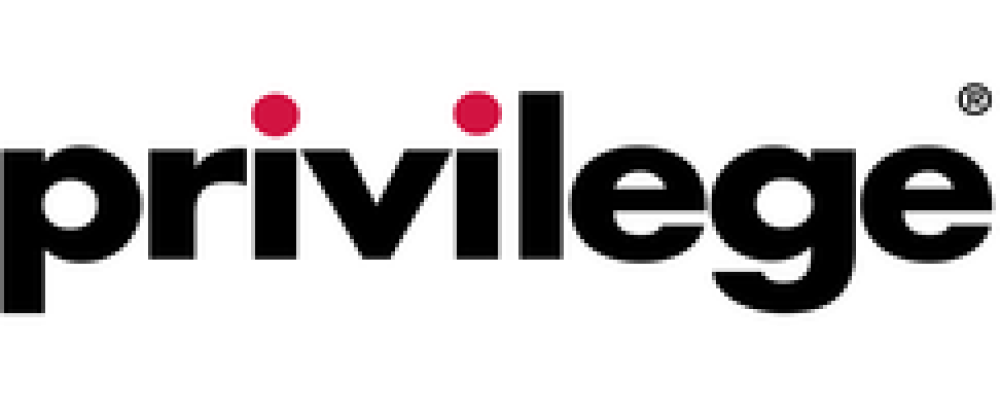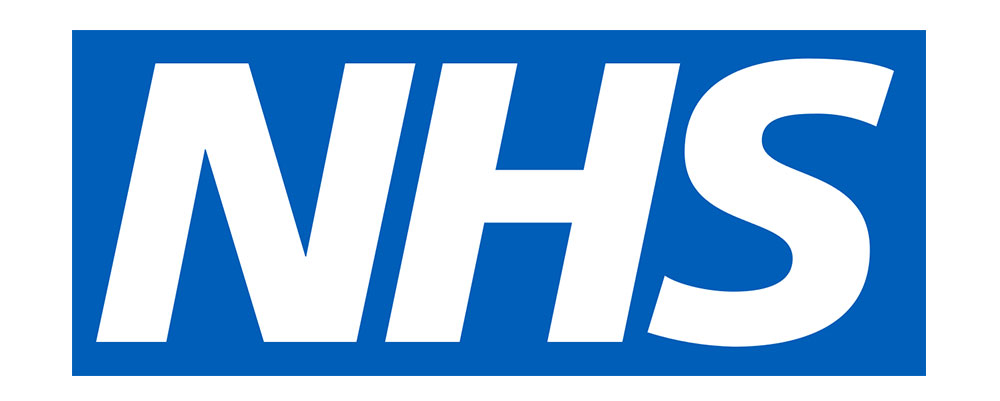Introduction
Over the coming months, the COVID-19 pandemic is going to make life very challenging for businesses as they attempt to deal with the economic downturn it is causing.
However, this isn’t the first downturn most of us have experienced and it is just one of many that organisations have successfully navigated over the last 100 years – going right back to the time of the Great Depression!
There are some very simple, but very important actions that brands can take to protect themselves during recession. If done well, some will even emerge stronger than they were before.
If in doubt, consider the words of Sam Walton, founder of Wal-Mart. When he was asked about the recession of 1991 and its likely effect on his company he said:
I’ve thought about it, and decided not to take part!
In the same year, Wal-Mart went on to become the world’s largest retailer with a net sale of $43.9 billion.
Below we have identified the top 5 actions brands should consider during a downturn.
- Maintain or even increase advertising spend
Throughout previous recessions one truism has stood out consistently – those brands that cut advertising spend suffer more in the short term and take far longer to recover once the recession has abated.
Consider this excellent chart from Dentsu Aegis Network:
It shows clearly that during the 1990/91 recession the sales of those companies that maintained advertising spending kept on rising and that, as the recession receded they rebounded quickly.
On the other hand, those that cut spending remained static during the recessionary years and their recover was much weaker in the years that followed.
Marketing commentator Mark Ritson supports the view that advertising budgets should be maintained. He says:
The reason why you should maintain your advertising budget during a recession is that recessions are always ultimately short-lived. It will leave you with a stronger share position for many years afterwards, once things settle down. You should view recession as a tough time, but also as the ultimate time to build brands and grow market share.
In support of the above, Kantar’s recent COVID-19 survey reveals that only 8% of global consumers feel that brands should stop advertising during the crisis.
However, the survey results also make clear the extent to which consumers feel that during the downturn brands shouldn’t attempt to capitalise on events but should instead demonstrate a real sense of responsibility both to their employees and to the wider community.
Specifically, the survey revealed:
- 45% of consumers want to see companies putting in place plans to protect the supply of services or products
- 74% of consumers believed brands should not exploit the situation
- 78% of consumers believed brands should help them in their daily lives
- 75% of consumers believed brands should inform people of what they are doing.
- Nearly 80% of consumers believed employee health should be treated as a priority
These numbers suggest very clearly that consumers want and expect brands to step-up, rather than just ‘go dark’ and wait for the crisis to pass.
The emotive nature of these views also suggests that those brands that are seen to act accordingly will win customer favour that can benefit them in both the short and longer term.
Consider this recent initiative by Scottish brewer Brewdog:
Brewdog has been using its distilleries to manufacture hand sanitiser which it has then been distributing free to charities and hospitals.
At the same time, the brand has also launched virtual bars where consumers can share a beer online, whilst taking part in homebrew classes and virtual pub quizzes.
Through these activities the brand has successfully demonstrated that it has a social conscience, supporting both the community and its customers during difficult times.
According to YouGov’s BrandIndex, two weeks after the initiatives were launched consumer perceptions of the brand were up by a statistically significant 4.6 points.
- Focus on your most profitable brands – and be ruthless if necessary
During a downturn its vital to support your healthiest and most profitable brands – the ones that generate the income that will help your business survive.
If necessary, this may mean that less profitable members of the portfolio need to be suspended or even cut, in order to free up budget.
The problem is that, like consumers, companies can become emotionally attached to the brands they own.
Often, these are the legacy brands that are closely associated with the heritage of the company. Not only can they soak up precious budget during a downturn whilst offering relatively little in return, they also absorb a disproportionate amount of management time and attention to keep them afloat.
- Remind your core customers why they love you
Its much easier to re-activate existing customers after a downturn than it is to acquire new ones.
After all, your existing customers know and trust you – they only hit the pause button because of the economic situation.
Problem is, the longer they have done without your brand, the more they need to be reminded about it – and what made it their product or service of choice in the first place.
Consider a campaign that:
- prioritises your most important segments and reasserts the brand’s core credentials. This will remind people what they have been missing
- (re-)establishes emotional connection with your customers. This helps to ensure that it gains System 1 stickiness and differentiates it from the competition
- Reward your core customers for their loyalty
Re-establishing the (emotional) connection between consumer and brand is essential, but on its may not be enough, as your competitors will also be fighting hard for your customers’ attention.
All customers want financial recognition and reward from the brands they buy – particularly the ones they have been loyal to, particularly as they are likely to be under considerable, financial pressure of their own.
Correctly positioned discounts, giveaways and loyalty benefits act both as a reward and an incentive to buy.
- Review your brand positioning
Whilst we don’t advocate a knee-jerk reaction regarding brand strategy, conducting a review of your brand’s positioning is essential after a downturn.
This is because:
- The downturn may have caused consumers’ own expectations and priorities to change, at least in the short term, meaning that your brand may have considerably less relevance and meaning than it once did.
- Recession typically causes some brands to disappear and new ones to emerge. Post-recession, the competitive landscape for your brand may well have changed. This could be either an opportunity or a threat – but either way it needs to be recognised and addressed.
Moving forwards
Of course, there are many other steps that your brand will need to take as it re-establishes its momentum post-recession. The question is, which steps do you need to undertake – and when?
Carefully constructed and executed market research is likely to be an essential part of this decision-making process. For example, it can tell you:
- Which consumers have deserted you, why and what you need to do to recapture them
- Which competitors have prospered, why, and whether that has been at your brand’s expense
- Whether your brand’s proposition is still valid, whether it has been undermined by events, if it needs tweaking and how to do so
- If and how you need to rationalise your portfolio to give your fittest brands headroom
- The campaign messages and offers that are likely to resonate most strongly with consumers
Brandspeak can help. For an informal chat call us on 44 (0) 203 858 0052 or contact us at enquiries@brandspeak.co.uk














